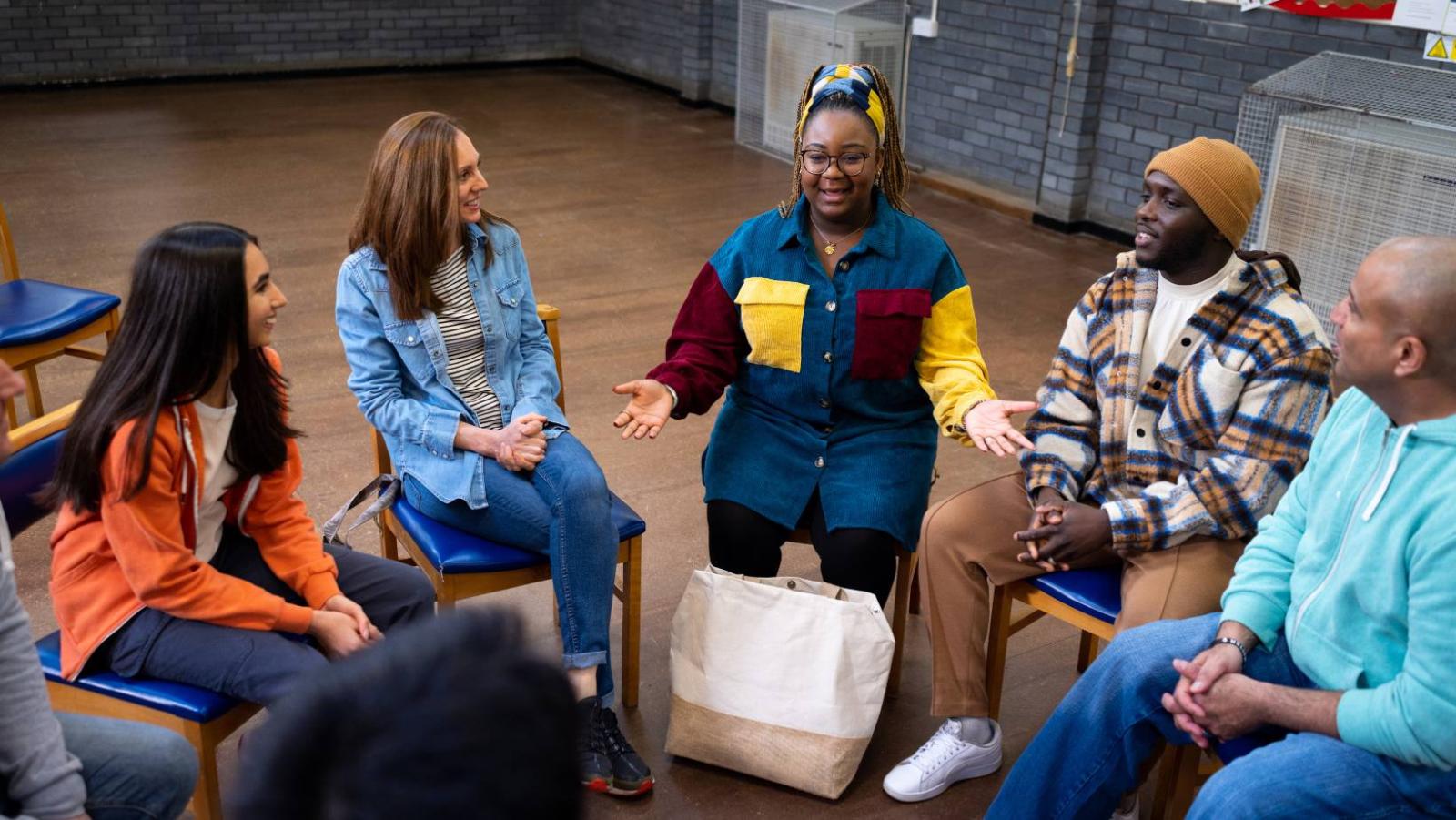Notifications

9 minutes, 37 seconds
-149 Views 0 Comments 0 Likes 0 Reviews

At P Homecare, we understand that children and young people with disabilities have unique needs and challenges. Community Support Services play a vital role in helping them thrive, grow, and participate fully in their communities. In this blog, we will explore the various Community Support Services available for children and young people with disabilities, and how these services can make a positive impact on their lives.
Community Support Services are a range of services and supports designed to help individuals with disabilities participate fully in their communities. These services are tailored to meet the unique needs of each person, ensuring they have the opportunity to engage in social, recreational, and educational activities. Community Support Services can include:
Social and Recreational Activities: Programs that promote social interaction and participation in community events.
Transportation Services: Assistance with accessing public transport or specialized transport options.
Daily Living Activities: Support with tasks such as cooking, cleaning, and personal care.
Employment and Education: Services that help individuals find employment or continue their education.
Mental Health and Well-being: Support for mental health and emotional well-being.
Community Support Services are particularly important for children and young people with disabilities for several reasons:
Social interaction is crucial for the development of children and young people. Community Support Services provide opportunities for social activities, such as group outings, clubs, and events, which help children and young people build friendships, develop social skills, and reduce feelings of isolation. A sense of belonging is essential for their overall well-being and development.
Education is a key component of a child's development. Community Support Services can help children and young people with disabilities access educational opportunities and succeed in their studies. This support can include assistance with homework, tutoring, and access to specialized educational programs.
Recreational activities are important for physical and mental health. Community Support Services provide access to a wide range of recreational activities, such as sports, arts, and music programs. These activities help children and young people develop new skills, stay active, and have fun.
Independence and self-esteem are important for the development of children and young people. Community Support Services help children and young people with disabilities develop the skills and confidence they need to perform daily tasks and participate in community activities. This support allows them to maintain their independence and live more autonomously, which is crucial for building self-esteem and confidence.
Mental health and well-being are critical aspects of a child's development. Community Support Services provide support for mental health, including counseling, therapy, and emotional support. By addressing mental health needs, children and young people can better manage stress, anxiety, and other mental health challenges, leading to improved overall well-being.
Community Support Services for children and young people with disabilities can include a variety of options, each tailored to meet their unique needs and goals. These services can include:
Social and recreational activities are essential for the development of children and young people. These services can include:
Group Outings: Organized trips to local parks, museums, or other community venues.
Social Clubs: Groups that meet regularly for activities such as board games, crafts, or sports.
Recreational Programs: Activities like swimming, dancing, or art classes that promote physical and creative expression.
Access to transportation is crucial for participating in community life. Community Support Services can provide:
Public Transport Assistance: Help with navigating public transport systems.
Specialized Transport: Access to vehicles designed for individuals with disabilities.
Transport Coordination: Arranging rides to appointments, social events, or other activities.
Support with daily living activities helps children and young people maintain their independence. These services can include:
Personal Care: Assistance with tasks such as bathing, dressing, and grooming.
Household Tasks: Help with cooking, cleaning, and laundry.
Medication Management: Support with taking and managing medications.
Support with education is essential for the development of children and young people. These services can include:
Homework Help: Assistance with completing homework and assignments.
Tutoring: One-on-one or group tutoring sessions to support learning.
Specialized Education Programs: Access to educational programs tailored to the needs of children with disabilities.
Mental health and well-being are critical aspects of a child's development. Community Support Services can provide:
Counseling and Therapy: Professional mental health support.
Emotional Support: Assistance with managing stress, anxiety, and other mental health challenges.
Well-being Programs: Activities that promote mental and emotional well-being, such as mindfulness or meditation classes.
Support with health and medical needs is essential for maintaining overall well-being. These services can include:
Medical Appointments: Assistance with attending and managing medical appointments.
Health Monitoring: Regular check-ins to monitor health and well-being.
Specialized Health Services: Access to specialized medical services tailored to the individual's needs.
Accessing Community Support Services for children and young people involves several steps:
The first step is a comprehensive assessment to determine the child's or young person's needs and goals. Based on this assessment, an NDIS Plan is developed, outlining the specific services and supports required.
Parents and caregivers can choose from a range of service providers, including P Homecare, to deliver the services outlined in their NDIS Plan. This choice ensures that the child or young person receives the most appropriate and effective support.
NDIS Plans are reviewed regularly to ensure they continue to meet the child's or young person's needs. This ongoing assessment allows for adjustments to be made as the child's or young person's circumstances change.
Support Coordinators play a crucial role in facilitating access to Community Support Services for children and young people. They work closely with families and caregivers to develop personalized support plans, navigate the NDIS system, and connect with local service providers. Support Coordinators are advocates for their clients, ensuring they receive the right support and that their rights and needs are respected.
Community Support Services are essential for helping children and young people with disabilities thrive, grow, and participate fully in their communities. At P Homecare, we are dedicated to providing high-quality Community Support Services that empower our clients to live independent and fulfilling lives. If you or a loved one needs support, contact us today to learn more about how we can help you access the services you need.

